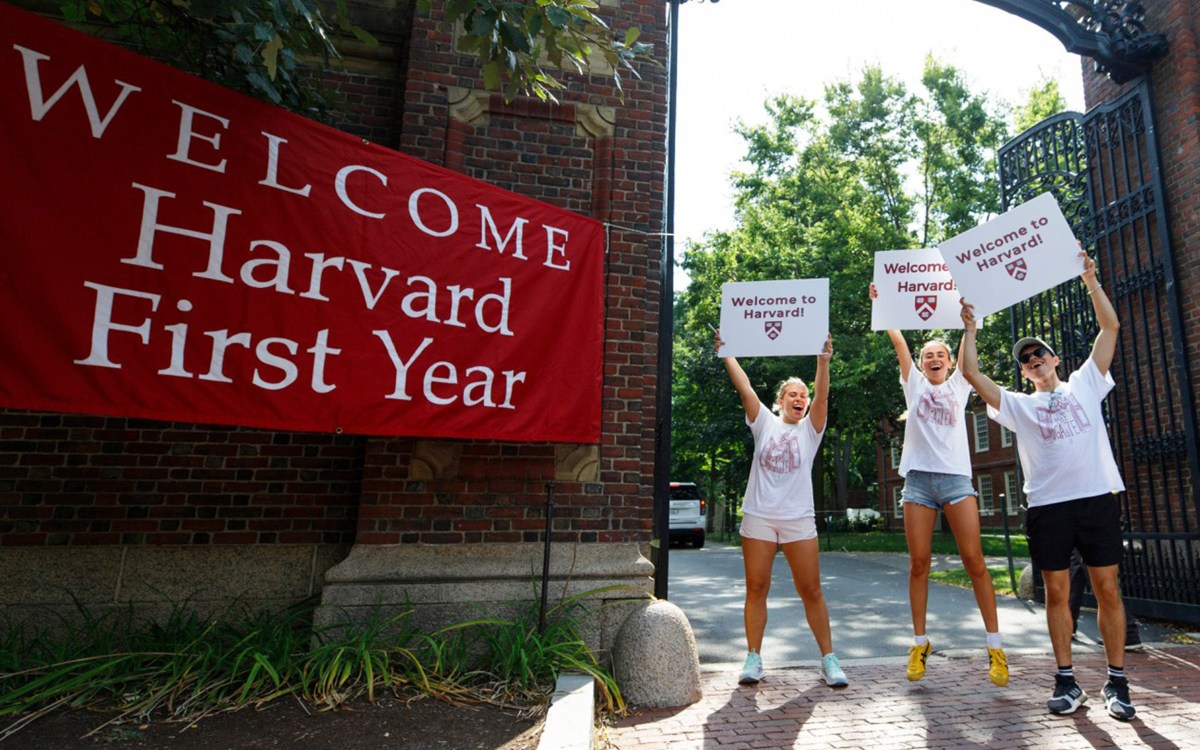Removal of both breasts reduces elevated risk of breast cancer
Harvard University Gazette
Women with a moderately elevated risk of breast cancer who underwent surgery to have both breasts removed reduced their risk of getting the disease by about 95 percent, a recent study concludes. The study, conducted by scientists at six health plans, is published in the March 14 issue of the Archives of Internal Medicine.
“Prophylactic mastectomy appears very effective in preventing breast cancer, but choosing this procedure is a complex decision,” said Ann M. Geiger, lead author of the study. “Prophylactic mastectomy prevents breast cancer but also carries a risk of complications and may impact a woman’s psychosocial health. We suggest a woman considering the procedure talk to her doctor, family, and friends, and get genetic counseling to help her understand her risk of breast cancer and learn about all her options. In addition to prophylactic mastectomy, women may choose to manage their risk with tamoxifen, prophylactic oophorectomy, regular mammograms, and possibly MRI.”
The study’s patients were female members of multiple health plans who were 18 to 80 years of age between Jan. 1, 1979, and Dec. 31, 1998, and who had at least one breast cancer risk factor. The most often noted factors were having a family history of breast cancer, a personal history of atypical hyperplasia (a potentially pre-cancerous condition), and one or more benign breast biopsies.




